Albanese plans more MPs — expansion explained
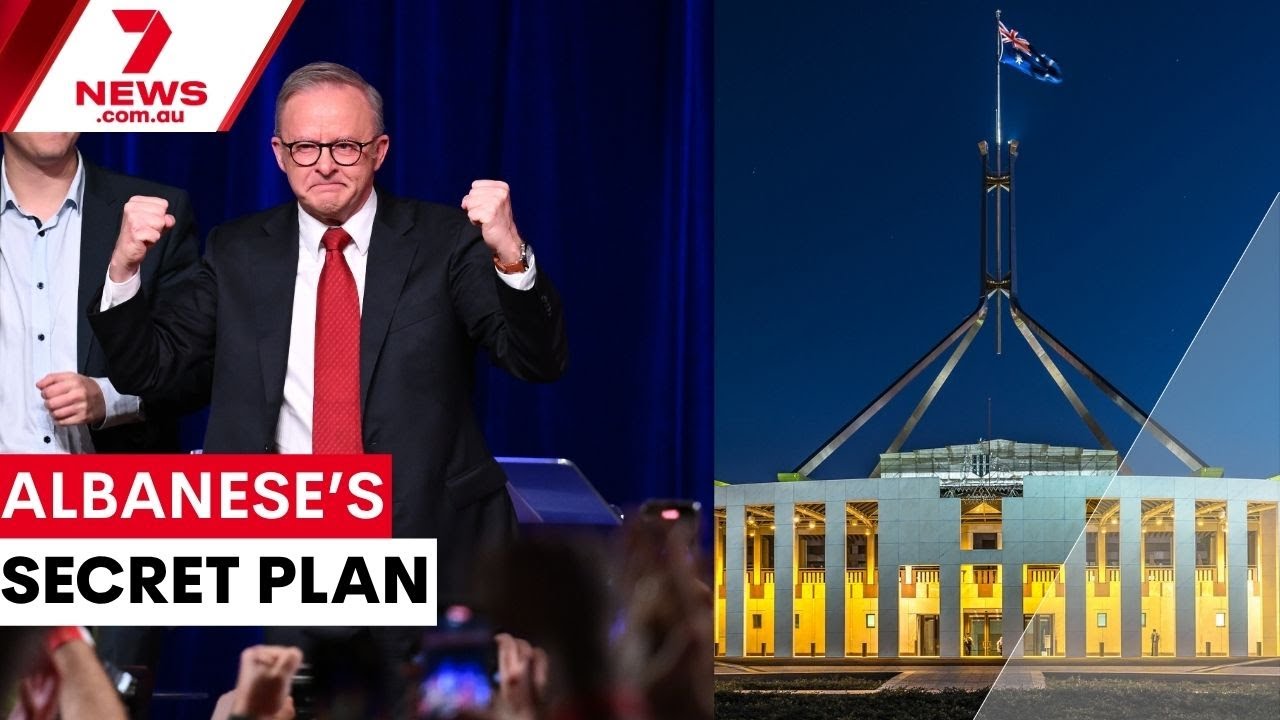
Table of Contents
- What the review means for federal politics and the Coalition
- Why more MPs are on the table
- Who benefits — and who loses
- How demographic change is reshaping electorates
- What the Coalition can (and can’t) do
- Greens, youth politics and the media shift
- Policy pressure: housing, tax and promises
- Electoral outlook and timing
- Democracy and practicality
- About the interviewee and wider context
- Conclusion
- FAQs
What the review means for federal politics and the Coalition
Albanese is weighing a review that could increase the number of federal MPs — a move experts say would shift power further to Australia’s cities and hand Labor an electoral edge. The committee, urged by Minister Don Farrell, is examining whether Parliament has kept pace with population growth and demographic change.
Top pollster Kos Samaras tells 7NEWS the change would not need a referendum, only a legislative amendment, and could be a strategic “knockout blow” to the Coalition at the next election.
Why more MPs are on the table
Australia last expanded federal seats in 1984. Since then electorates have ballooned: most now exceed 115,000 electors, and some represent hundreds of thousands of people. Samaras argues that size creates a democratic problem — MPs are stretched too thin to properly serve constituents.
Adding an estimated 20–21 seats would still leave electorates of roughly 105,000 voters each, but the distribution of any new seats would be decisive: the majority would land in urban Australia where younger, diverse and highly educated voters live.
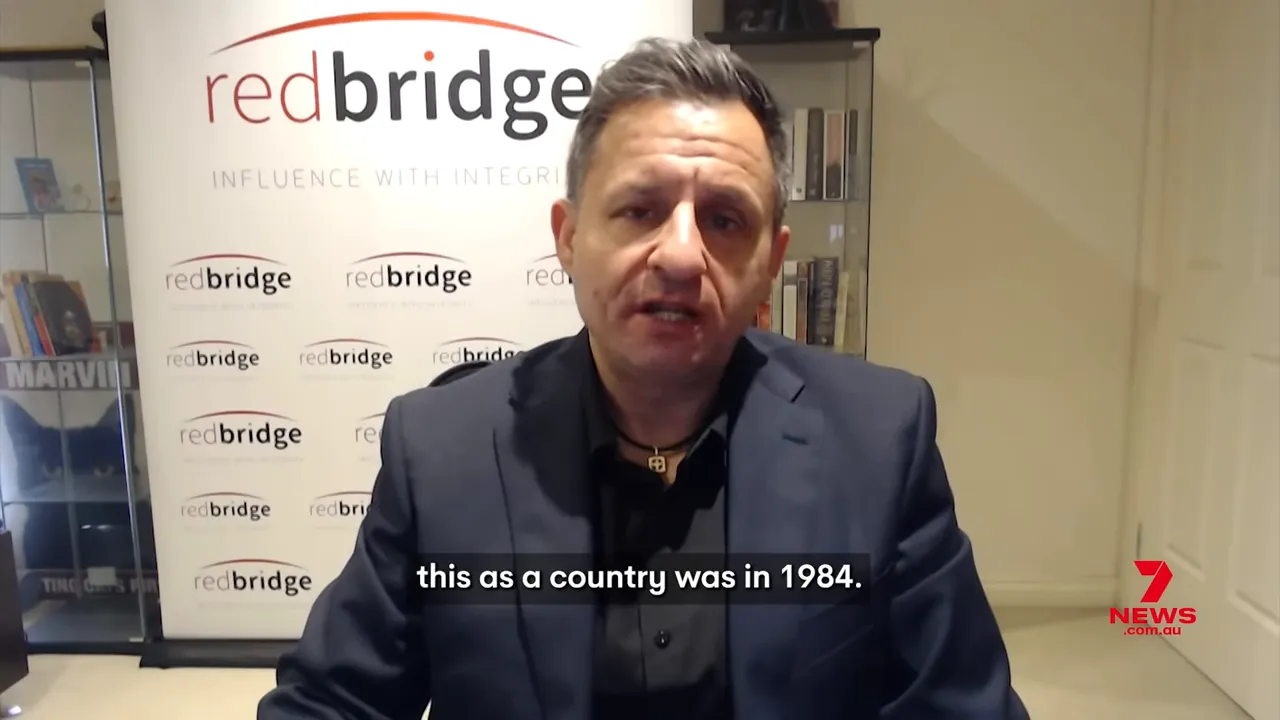
Who benefits — and who loses
Labor stands to benefit. Cities have swung towards Labor, millennials and Gen Z show strong progressive preferences, and university-driven local economies have reshaped many inner suburbs.
Samaras lists former safe Coalition seats now leaning progressive — examples include Curtin (WA), Bennelong and Reid (NSW), and Kooyong (VIC). He says the Coalition now holds only about 10 urban electorates nationally after the 2025 election.
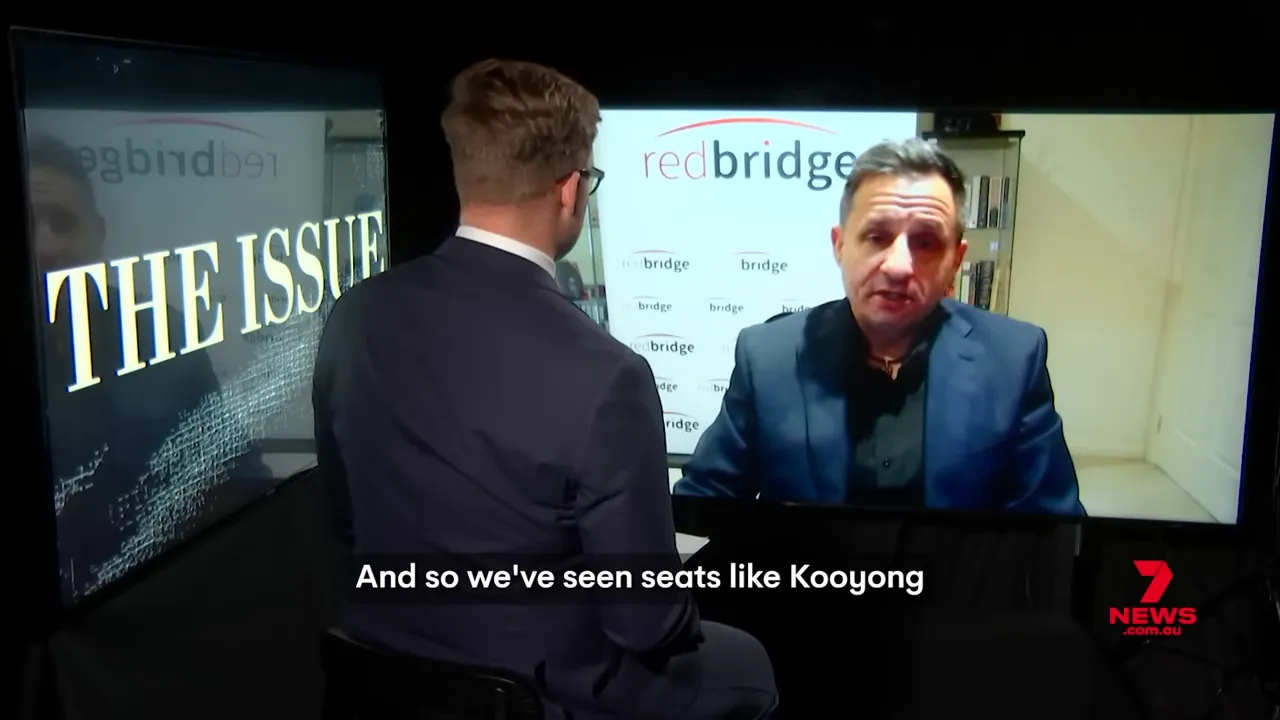
Whether the change is framed as necessary democratic upkeep or a cynical power play, public backlash over “more politicians” is a real risk for the government — but one Samaras believes would be politically manageable.
“Left hooks” and the timing
Samaras uses a boxing metaphor: Albanese landed a left hook in 2022, another in 2025, and an expansion now could be the next punch that secures longer-term electoral dominance.
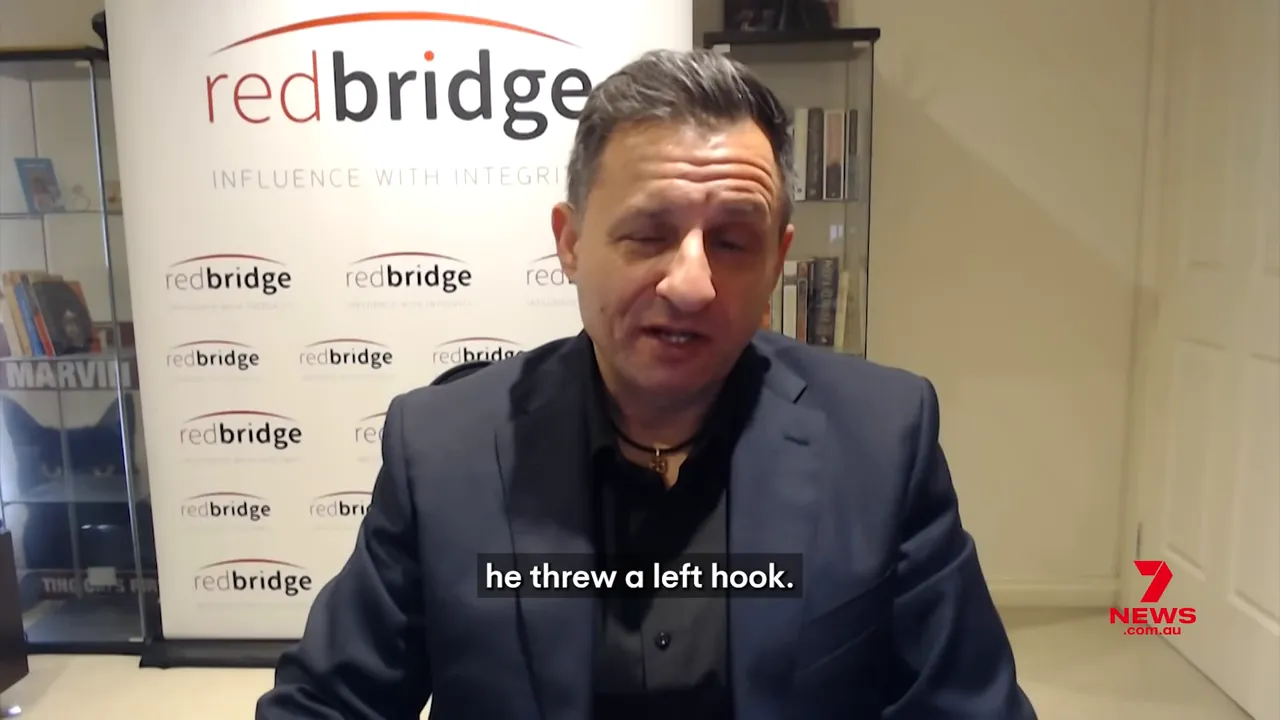
How demographic change is reshaping electorates
Universities have become local economic magnets, Samaras explains — campuses spawn hospitality, retail and professional services and attract younger, educated voters who tend to vote progressive. Gen Z and younger millennials are replacing older cohorts as the most politically influential groups.
In recent polling referenced by Samaras, Gen Z’s two-party preferred for Labor is around 70%, while about 30% of Gen Z voted Greens. Gen Z women in particular show very low Coalition support and strong Green support.
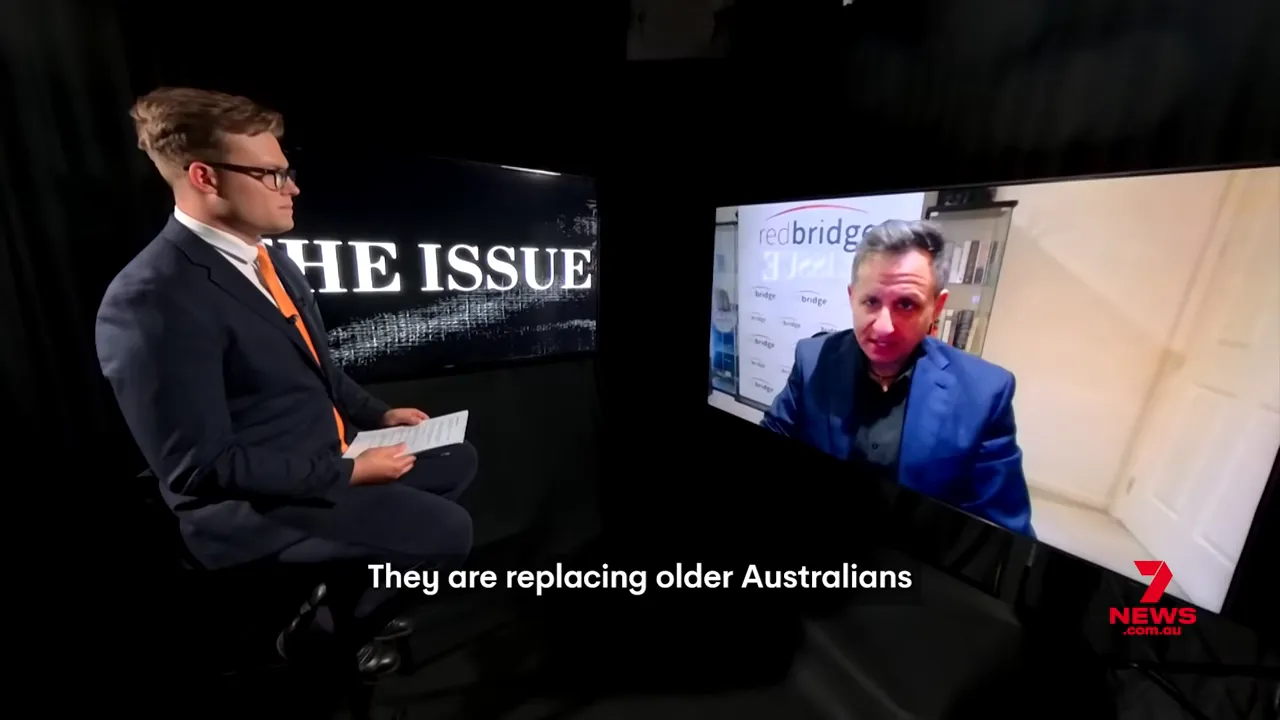
What the Coalition can (and can’t) do
The Coalition faces a structural, demographic problem rather than simply a leadership one. Samaras argues changing leaders won’t be enough — the party needs a long-term rebrand to appeal to urban, small-business-focused, socially conservative-but-progressive-minded family voters.
He suggests the Coalition needs a Tony Blair‑style modernisation rather than fringe US-style tactics. Freestyle politicians like Andrew Hastie may play well locally but his messages (on immigration, net-zero and culture) don’t translate into wins in big, diverse capitals.
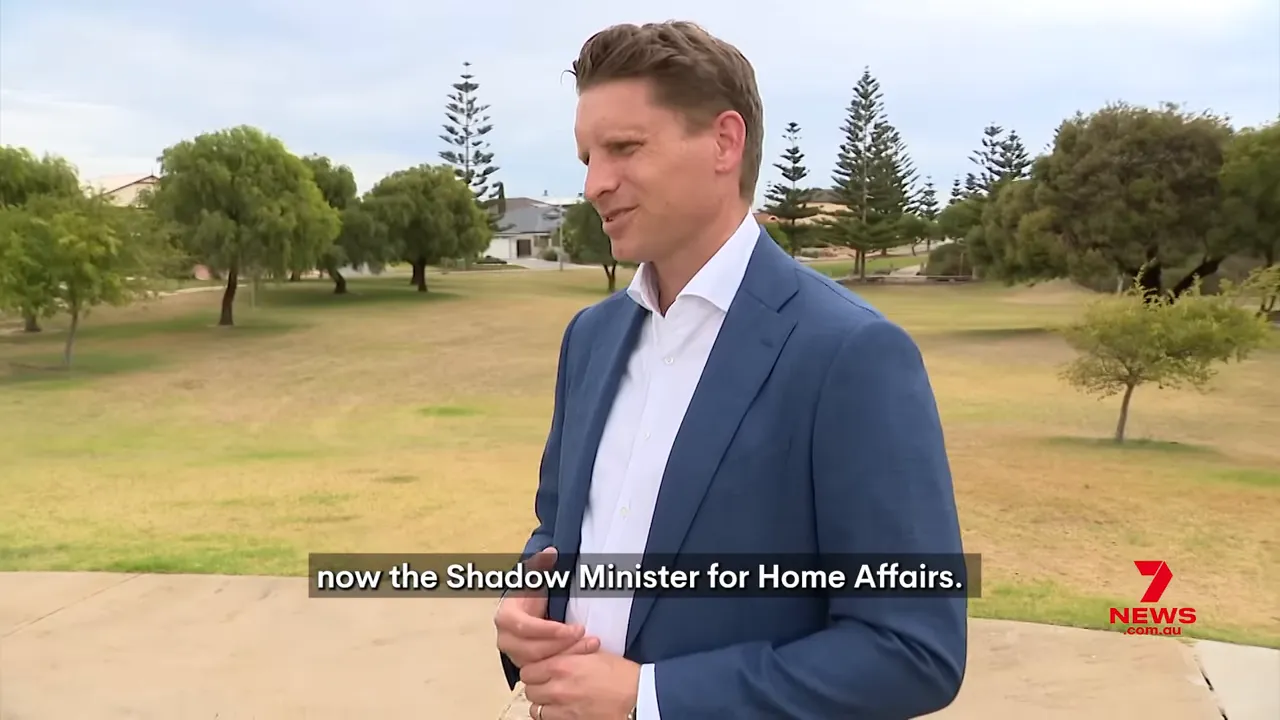
Risk of splitting
Warnings of a split — a traditional liberal party vs a more populist right faction — exist, but Samaras says the market for a hard-right alternative is small in urban Australia and a split could leave both sides worse off electorally.
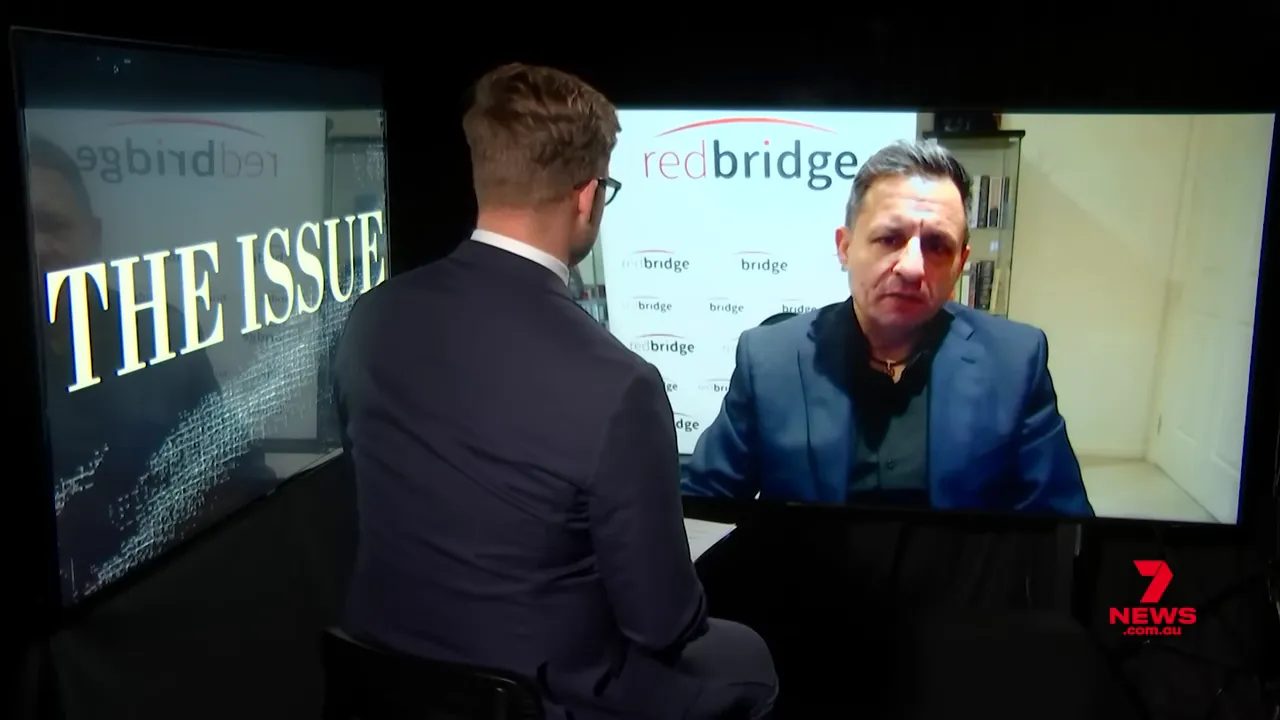
Greens, youth politics and the media shift
The Greens paid an electoral price in 2025 for leaning hard into Gen Z and millennials — they lost some lower-house seats — but youth support remains strong and is growing. Samaras predicts an extra 700,000 Gen Z voters will be enrolled by 2028, potentially helping the Greens regain ground.
Parties also changed tactics: Albanese’s team embraced “Gen‑2” media — podcasts, TikTok and Instagram — with the Prime Minister more visible across those platforms. Samaras says this authentic, interactive approach resonates with younger voters and fragmented media landscapes demand it.
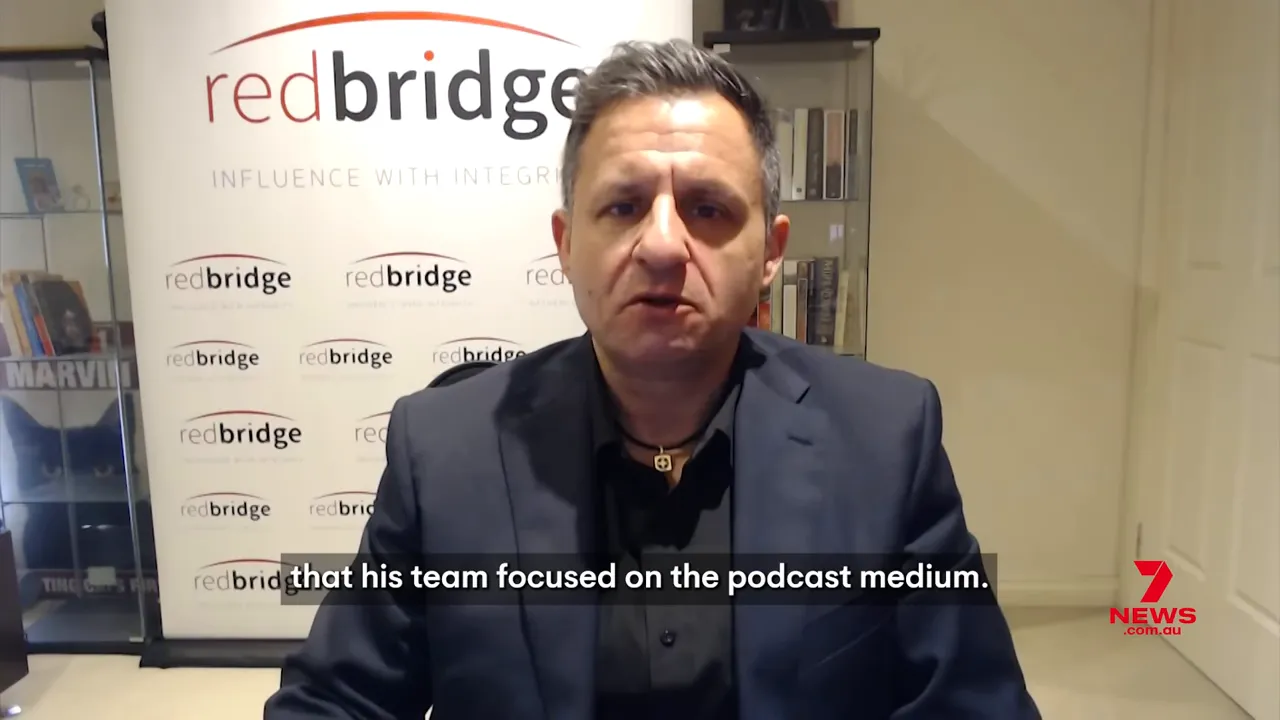
Policy pressure: housing, tax and promises
Housing affordability and intergenerational inequality are central to younger voters’ concerns. Treasurer Jim Chalmers is seen as critical to translating those concerns into policy that locks in millennials and Gen Z as natural Labor voters.
Samaras notes that although Albanese promised not to change negative gearing or property taxes, governments may be tempted to revisit tax settings if reforms help the majority at the expense of a wealthy minority — and if the political payoff is clear.
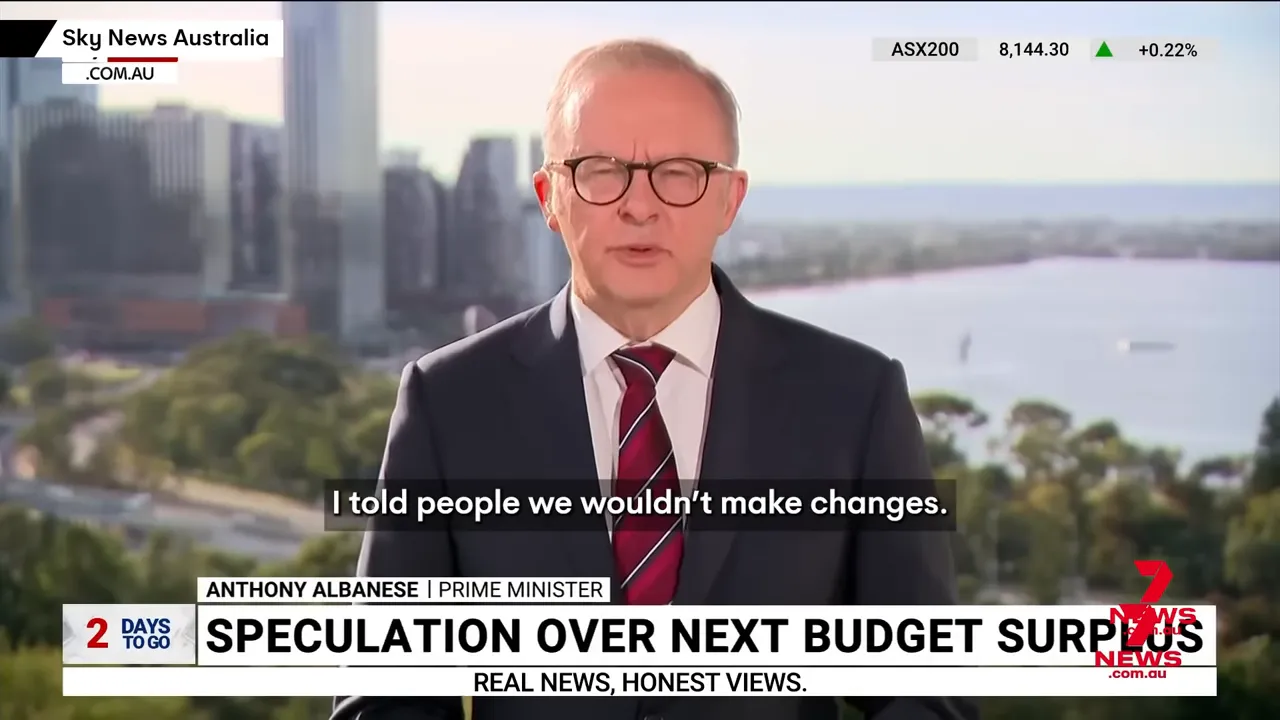
Electoral outlook and timing
Is a Labor lock on 2028 inevitable? Samaras warns nothing is certain, but the maths are difficult for the Coalition. Many younger voters have never supported the Coalition, so “winning them back” is not just a recovery effort — it’s an acquisition challenge.
He expects Labour to double down on policies targeting younger Australians in the coming months — housing, education and cost-of-living initiatives that speak to intergenerational fairness.
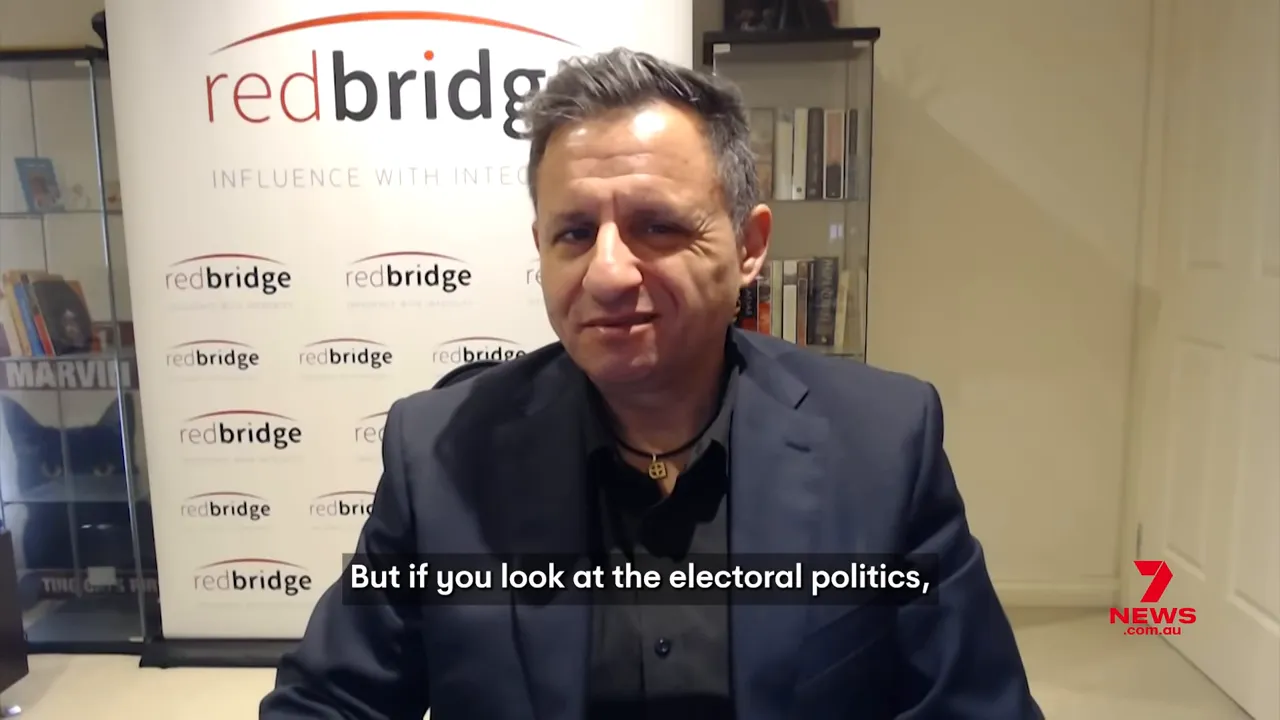
Democracy and practicality
Beyond strategy, Samaras frames the expansion as a practical democratic fix: electorates are too big for MPs to effectively represent. If Don Farrell’s committee recommends a change, Samaras expects it to pass through Parliament much like reforms in past administrations.
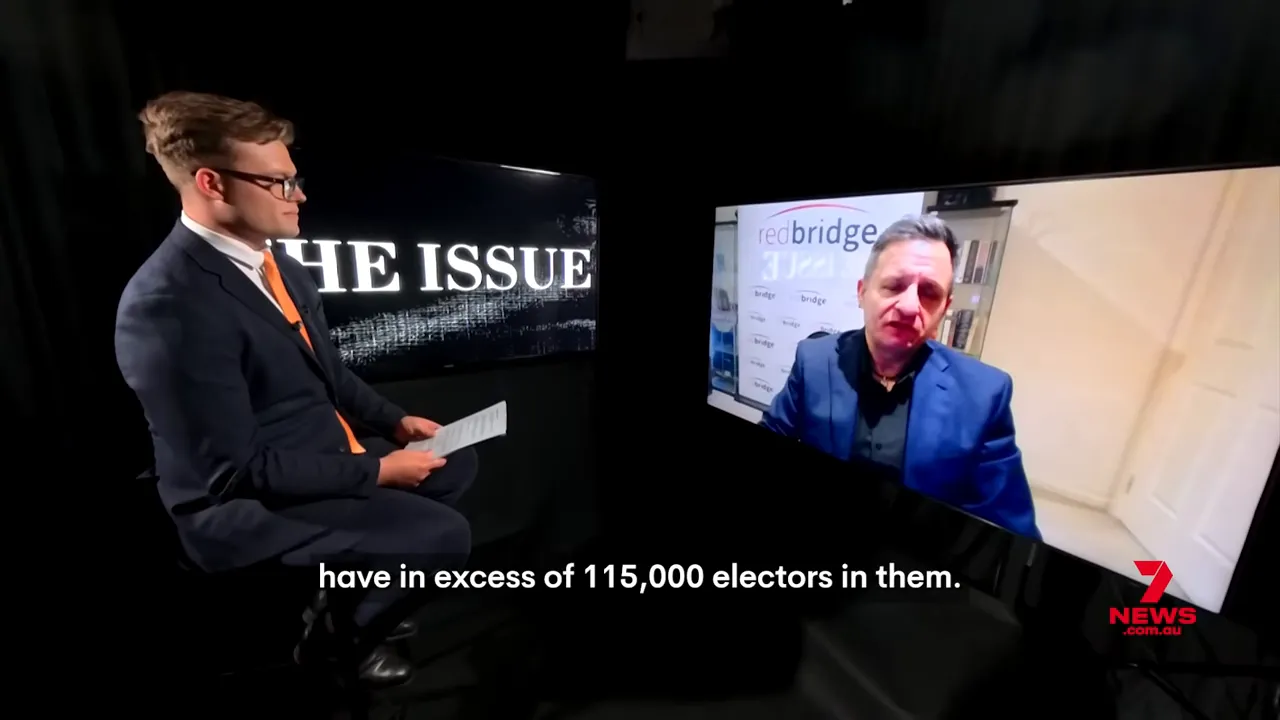
About the interviewee and wider context
Kos Samaras is a veteran Labour pollster and director of research firm Redbridge. He has worked on party campaigns and now studies generational shifts reshaping Australian politics — migration waves, skilled migration policies since the Howard era, and gentrification.
Samaras is also writing a book on how multiple generations have reshaped Australia’s democracy, due around late 2026 to early 2027.
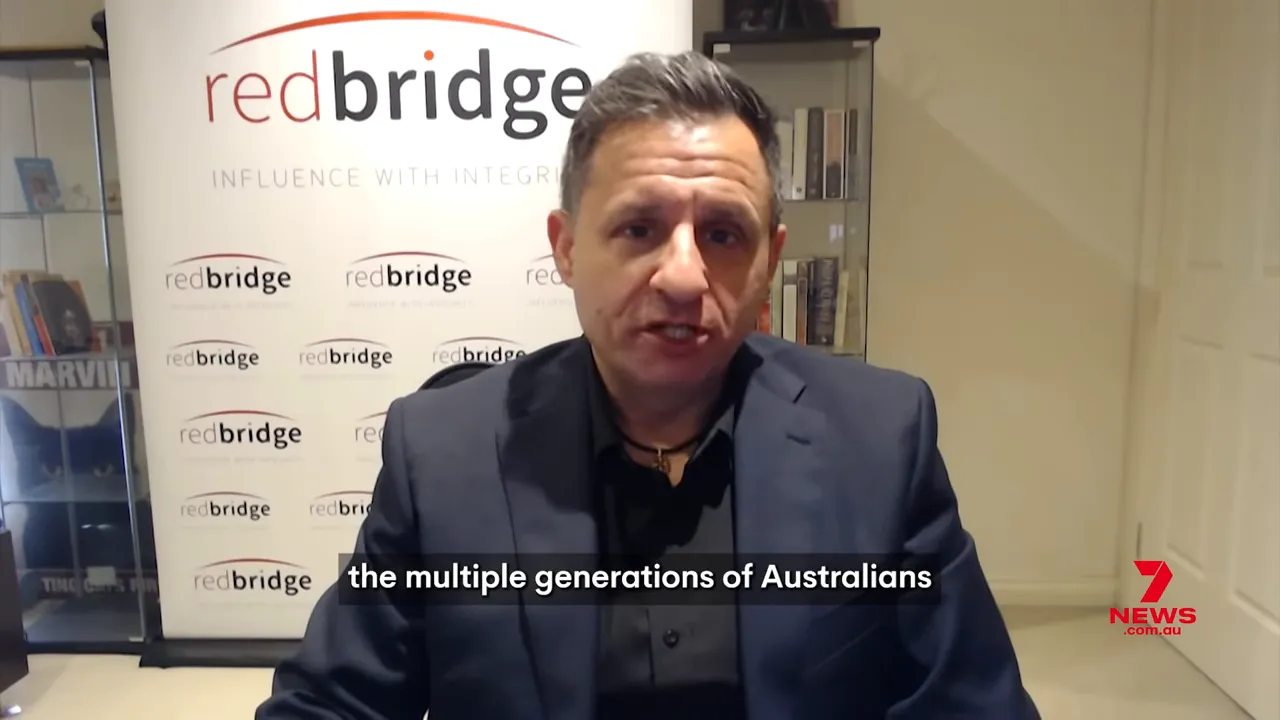
Conclusion
An increase in federal MPs is both a practical response to population growth and a possible strategic advantage for Labor. Whether framed as democratic necessity or political manoeuvre, the change would favour urban seats dominated by younger voters — to the Coalition’s clear disadvantage unless it reinvents itself for Australia’s new urban majority.
For readers interested in the original conversation, this article summarises key points from Kos Samaras’s interview on THE ISSUE (7NEWS).
FAQs
-
Will Albanese need a referendum to increase MPs?
No. According to the interview, expanding the number of federal MPs requires a legislative amendment, not a referendum.
-
How many seats might be added?
Discussion centres on roughly 20–21 additional seats, though exact numbers would follow the committee’s recommendation and legal processes.
-
Who benefits from an expansion?
Urban Australia — where younger, more progressive voters concentrate — would likely gain the most seats, benefiting Labor and potentially the Greens.
-
Could the Coalition recover?
Recovery would require deep structural change and rebranding to win over urban, small-business and professional voters. Short-term policy freelancing is unlikely to be enough.
-
Is changing negative gearing on the table?
While Albanese has previously ruled out changes, Samaras warns political incentives could push the government to revisit tax settings if it helps younger voters and delivers electoral gain.
Credit: This article is based on the 7NEWS Australia podcast episode of THE ISSUE featuring Kos Samaras. For the full interview, watch or listen to the original episode.
The information in this article has been adapted from mainstream news sources and video reports published on official channels. Watch the full video here Albanese's secret plan for more politicians - a knockout blow against the Coalition | THE ISSUE


